32 ways to boost your energy levels
Want to know all the ways to boost your energy levels? We have you covered, from the best foods to eat to the small lifestyle changes you can make...


Waking up with eight hours of sleep under your belt but still feeling tired? Getting to 3pm and craving a sugary pick-me-up? Sounds like you need a few more ways to boost your energy levels.
Most of the time, symptoms like low energy, low mood, and difficulties concentrating and staying focused are the product of poor sleep. If you don't sleep for long enough or, more often than not, if the sleep is of poor quality, you'll feel it the next day.
Luckily, there are a few proven ways to boost your energy levels. Here we reveal the ones that really work and why - from somatic exercise to cutting down on alcohol.
Drink some water

Dehydration is one of the main causes of tiredness and fatigue outside of sleep deprivation, so making sure that you're not dehydrated is a sure-fire way to boost your energy levels.
Drinking water with a sprinkle of rock salt - a type that has properties that helps the body to absorb water - is a good way to make sure you're starting the day fully hydrated. Alternatively, you can try electrolyte solutions.
Ion8 1 Litre Water Bottle, £11.08 | Amazon
Keeping hydrated is much easier if you have a nice vessel to drink from - and it also means fewer visits to the kitchen! This top-rated one from Amazon is a great budget option, it comes in 12 different colours and the brand even offers a '100% leakproof guarantee'.
Go outside

If you're feeling lethargic, one of the first things you should do is go outside. The combination of the fresh air and new surroundings will give your body the push it needs to wake back up.
Light controls our body's natural sleep-wake cycle, also known as the circadian rhythm. Getting sunlight in your eyes within the first hour of waking up in the morning tells the body that it's daytime - and time to get moving.
Sign up for the woman&home newsletter
Sign up to our free daily email for the latest royal and entertainment news, interesting opinion, expert advice on styling and beauty trends, and no-nonsense guides to the health and wellness questions you want answered.
Practice yoga

Movement is another must-do if you're struggling with low energy levels. Any type of exercise will do - but yoga is a great way to stretch out without the pressure of a high-intensity workout, which may make you feel tired again later in the day if you're not used to it.
Yoga can help improve blood flow to the brain, release endorphins, and improve your focus just as well as a gym session can.
Look outside your window
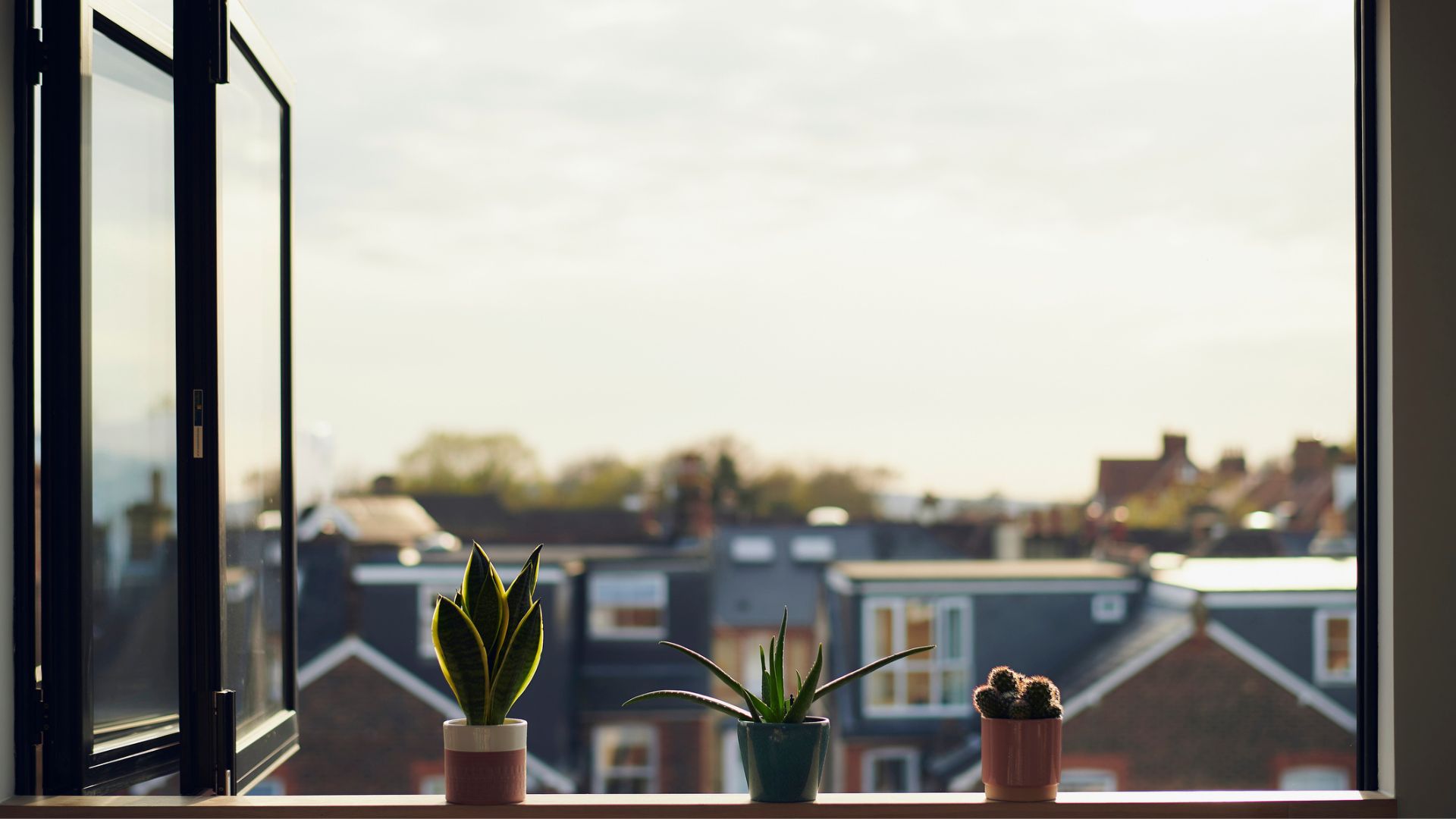
If you can't find the time to go outside during the day, find an open window instead. Not only will the fresh air provide a welcome break from stuffy indoor environments but you can see things further away, which can help your brain readjust and wake up.
What's more, it can help prevent the negative side effects of blue light from looking at a phone or laptop screen for hours. Sat in front of an open window, you can follow the 20-20-20 method: look at something 20 meters away every 20 minutes for 20 seconds. This will help reduce fatigue by giving tired eyes a break and preventing headaches.
Try meditation

Meditation might sound like the last thing you want to do if you're feeling tired - sitting or lying in a peaceful environment with your eyes closed? It probably sounds like the perfect sleeping set-up. However, meditation tends to have the opposite effect as it helps lower our stress levels and can improve sleep efficiency, per research by the University of Melbourne.
The prefrontal cortex in the brain is activated when we meditate for just five minutes. This calms the part of the brain responsible for our stress response, helping us go from 'surviving' to 'thriving'. When this happens, we feel better able to cope with challenges and more alert.
Take a cold shower

Unsurprisingly, a stream of cold water on the body would wake you up - but it's more than just a shock to the system that delivers this invigorating effect.
When you deliberately expose yourself to cold water, the adrenal glands increase the production of two neurochemicals: epinephrine and norepinephrine, which are directly involved in our stress response and make us feel more alert.
Create a daily routine

It might sound odd that doing the same thing every day makes us feel more alert - but it's true. When you create a solid daily routine that includes waking up and going to bed at the same time, going to work at the same time, and eating at the same time every day, your ability to concentrate and be productive improves.
Given time restraints, we are much less likely to procrastinate, which can lead to feelings of lethargy and tiredness. We're also much less likely to get distracted.
Reduce your caffeine intake

When energy levels are low, the natural thing to do is turn to caffeine sources like coffee and energy drinks but having it less than six hours before bed may be the reason your levels are low to begin with.
Caffeine can stay in the system for up to 10 hours. If you're trying to get to sleep within this time, it can delay sleep onset and make it harder to stay asleep through the night. It can also increase your blood pressure, making your heart beat faster, and cause digestive issues. As a result, you may wake up feeling even more tired than you were the previous day.
Instead, try an alternative to caffeine, like reaching for a big glass of water when you first open your eyes instead of a mug of coffee. Trust us, it works.
Drink less alcohol

It's not news that alcohol disrupts the body's natural functioning. While there's nothing wrong with a glass or two here and there, regular alcohol consumption is bound to impact your energy levels as it has a direct negative effect on your sleep quality, immune system, and memory.
Instead of turning to a glass of wine for stress relief after a long day, opt for a low-impact workout or creative activity, like gardening, cooking, or painting, as these have been shown to boost our mood and reduce stress.
Wake up at the same time every morning

Tiredness and sleep deprivation can affect our mood and energy levels like nothing else, reducing productivity and focus. The main way to deal with tiredness is to get a solid bedtime routine down, one that has you waking up at the same time every morning.
When you do this, the quality of your sleep will naturally improve as your body clock will adjust to this regular timing and become aware that it wakes up at a certain time every day. So when you wake up, your body knows it's the morning and time to start the day, which can help you feel less tired, more motivated, and alert.
Listen to music

Need an instant pick-me-up? Put on a pair of headphones and play your favourite music. For extra energy-boosting, dance around. Music boosts the brain's natural production of dopamine, the real 'happy' hormone that acts on the areas of the brain responsible for feelings of satisfaction, pleasure, and motivation.
When we feel happy and alert, we have more energy and can get more done.
Go to bed at the same time every night

Going to bed at the same time every night can help you get to sleep quicker and improve the quality of your sleep. Much like how waking up at the same time every day can help the body understand when it's morning and time to get up and moving, going to bed at the same time every night can help the body understand when it's time to sleep.
This should mean you'll find it easier to fall asleep and stay asleep throughout the night.
Try talking therapy

According to the NHS, there's evidence that some talking therapies like counselling and cognitive behavioural therapy (CBT) could help to combat issues that make maintaining high energy levels difficult - such as fatigue, tiredness, stress, anxiety, and low mood.
CBT is a type of talking therapy that can help you overcome these issues by changing the way you think and behave.
Reduce your stress levels
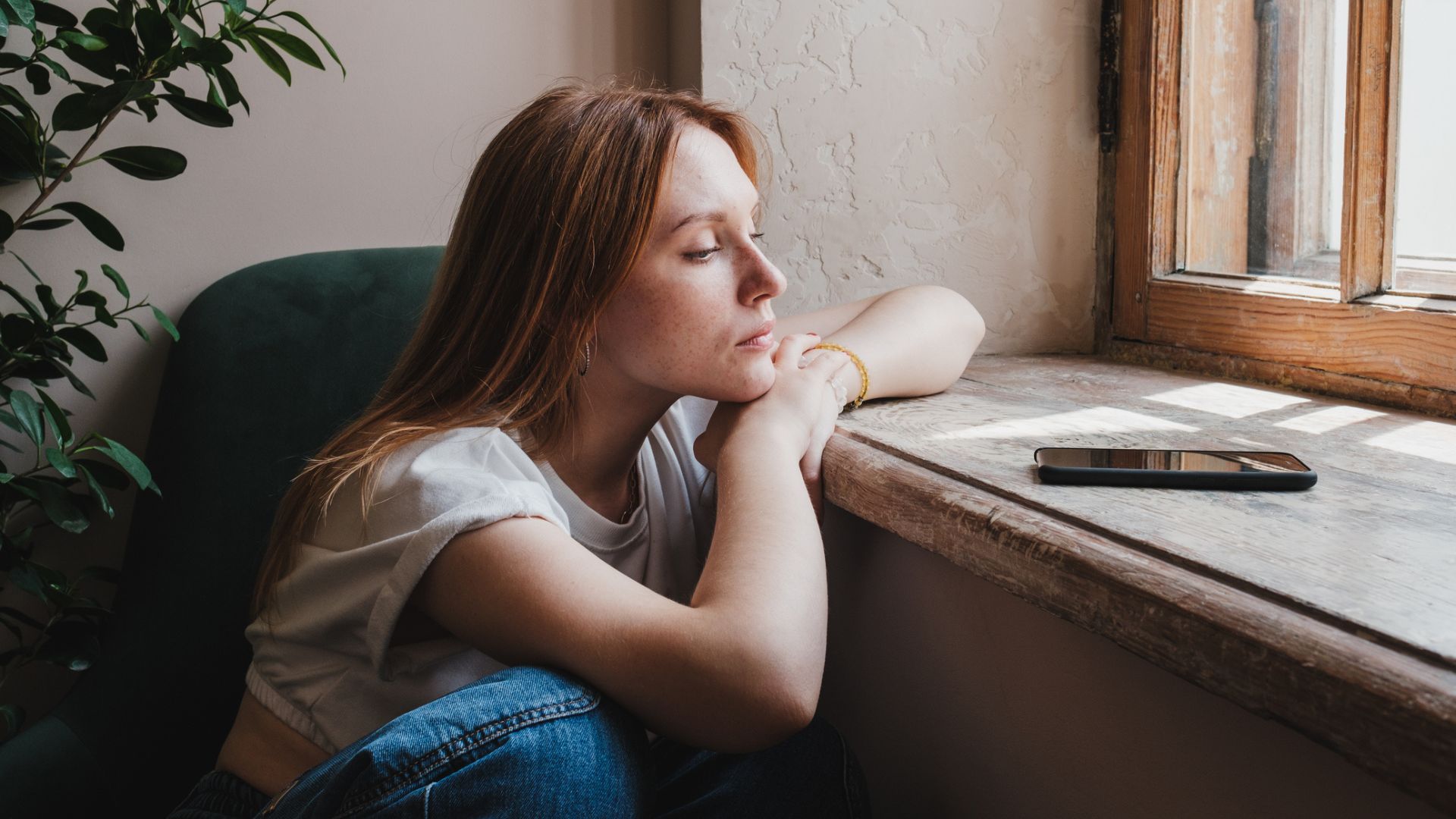
Stress isn't all bad - it keeps us awake, alert and aware of danger when we need to be. But high cortisol levels too often for too long can have some negative side effects - including fatigue, low mood, and low energy.
Try to reduce your stress levels before going to sleep at night by reading before bed instead of looking at your phone, or with mindfulness techniques and breathing exercises. This will help you drift off easily and improve your sleep quality through the night. You could also try a sleep-aiding supplement like magnesium.
Use coffee to your advantage

Caffeine is best avoided in the hours before bed but it can be a great pick-me-up if you need one in a hurry and use it wisely. For example, if you've hit an energy slump after lunch and need to be back on form for the afternoon, you could have a coffee and then nap for 20 minutes.
It takes about 20 minutes for caffeine to get working in the body, so the idea is that when you wake up, you feel refreshed and alert with the combination of the coffee and a short rest.
Eat foods with a low glycemic index

The glycaemic index ranks how quickly carbohydrates are broken down, turned into glucose, and absorbed into the bloodstream. Eating foods with a low glycaemic index can help with hunger and sugar craving-induced slumps, poor concentration and a lack of focus, all of which are linked to low energy, a lack of focus and poor concentration. Such foods include: green vegetables, raw carrots, kidney beans, lentils, chickpeas, and most types of fruit.
Eat foods high in magnesium

Magnesium is famous for being a sleep-inducing supplement, thanks to the role that mineral has on the brain. However, magnesium can also help move blood sugar into the muscles and dissipate lactate. If you regularly exercise and feel tired with low energy after a session, this can help.
It's also been proven to help convert food into energy, per research by the University of Oslo, so it can help us better use what we eat.
Eat breakfast every day

Whether you should eat breakfast or not is a somewhat divisive topic in the world of nutrition. Ultimately, you should do what works for you - but if you're feeling consistently low on energy in the mornings, eating a nutritionally rich breakfast may be the natural pick-me-up you need.
A breakfast high in protein, fibre, and complex carbohydrates, such as overnight oats with peanut butter and banana, should offer that burst of feel-good nutrients that keep you full with stable blood sugar levels.
Eat more protein

Protein is the most filling macronutrient, along with fibre. It keeps us fuller for longer, meaning that we're likely to eat less throughout the day and crave fewer foods high in sugar and saturated fats.
This is a good for several reasons but when it comes to maintaining our energy, eating a high-protein diet can help ward off these cravings that cause energy slumps and keep blood sugars stable throughout the day.
Limit added sugar in your diet

Sugary snacks may be what you crave when the 3pm energy slump hits, but they can actually make you feel more tired as the day goes on.
When eating a food high in sugar, our blood sugar levels spike initially, which may give us a boost of energy. But it's only short-term as next comes the 'crash', a dramatic fall of blood sugar levels that can leave us feeling tired and lethargic.
This is only really a serious problem if you have been diagnosed with diabetes. However, it's undoubtedly best avoided if you struggle with tiredness and fatigue in the afternoons as well.
Eat foods rich in iron

A common cause of low energy is iron deficiency - especially in women. Iron is a natural component of the blood and without enough of it, the body can't produce sufficient amounts of hemoglobin. This is the substance in red blood cells that carries oxygen around the body.
As a result, you may feel tired, short of breath, and low in energy as your body uses the oxygen it does have for other vital bodily functions.
Supplement your diet with vitamin B12
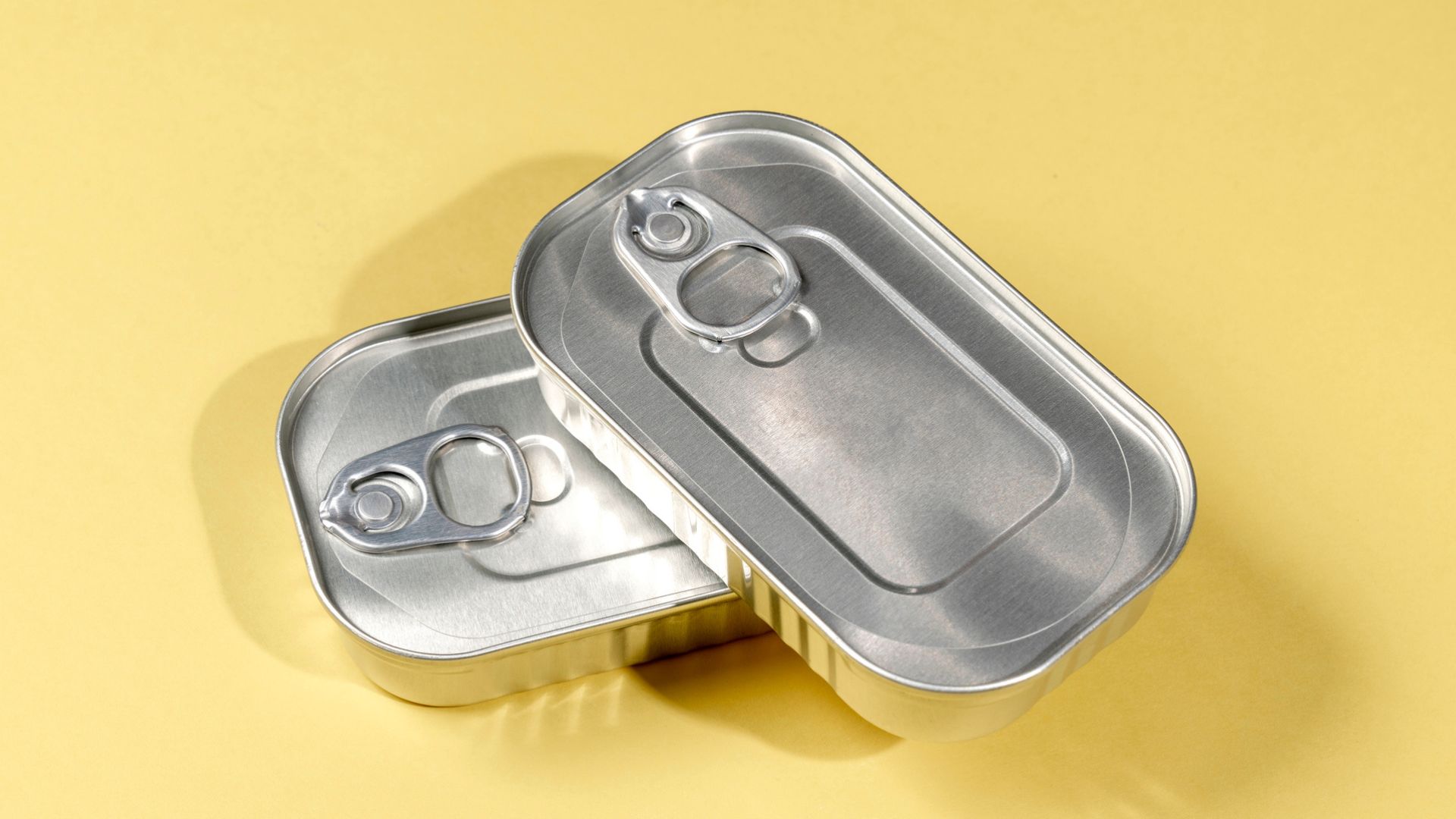
B12, much like magnesium, has so many benefits across all areas of the body. It's particularly useful for those who feel they are lacking in energy and motivation but aren't quite sure why.
Vitamin B12 plays a vital role in our metabolism, which is the process by which we make and use energy from food. So, it can help with nutrition as B12 helps the body absorb other vital nutrients, and it can help with digestion, waste removal, breathing, blood circulation, and temperature regulation.
Take a quick nap

A nap can certainly help you top up on sleep and get the rest you need. However, the ideal nap length is a hotly debated topic - it depends on an individual's REM cycle, so it's different for every person.
But in general, the best nap length is about 20 minutes and no longer than half an hour. Any less than this, you won't reap the benefits and could wake up feeling groggy. Any more and you'll move from nap into deep sleep and interrupted deep sleep also tends to make us feel groggy.
Have an ice bath

Much like a cold shower, an optional ice bath can help to improve your energy levels as they directly impact the lymphatic system. They aid recovery after a workout, reduce muscle inflammation, and make us feel more energetic and alert in the hours afterwards.
While the long-term health benefits of ice baths aren't entirely clear, they have been shown to boost mental resilience, improve wellbeing, and help those brave enough to have an ice bath sleep better.
Get a massage
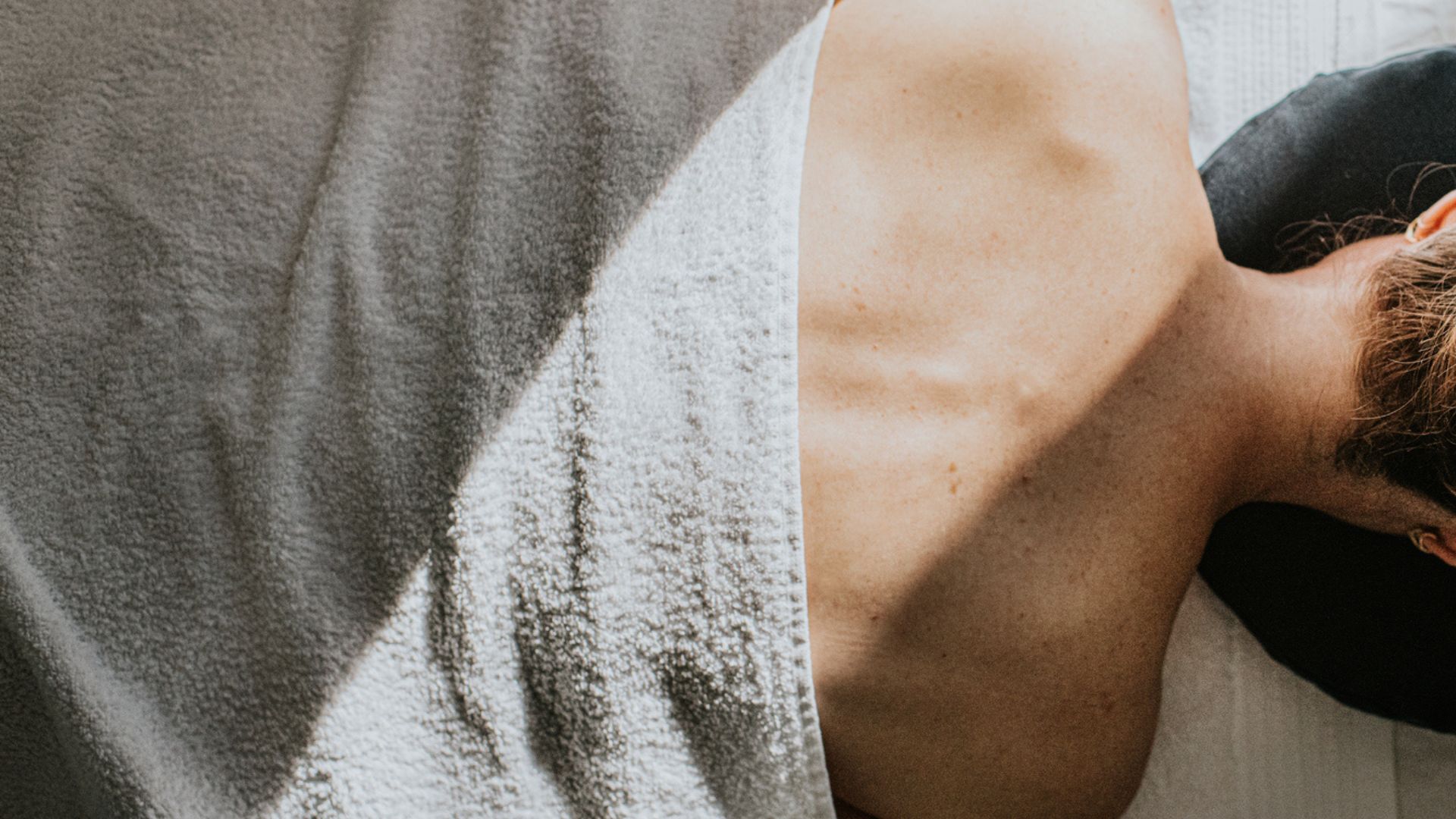
Massages, like meditation, sound like they should be a no-go when it comes to feeling more awake. However, proper massage helps improve blood flow. Improved blood flow helps to better deliver oxygen to the body's cells, which is what we need to feel properly awake.
Also, massage helps the lymphatic system to work as it should. This is the system in the body that removes toxins and prevents waste and bacteria build-up, so having this functioning properly is essential to feel good and reduce sluggishness.
Avoid large meals
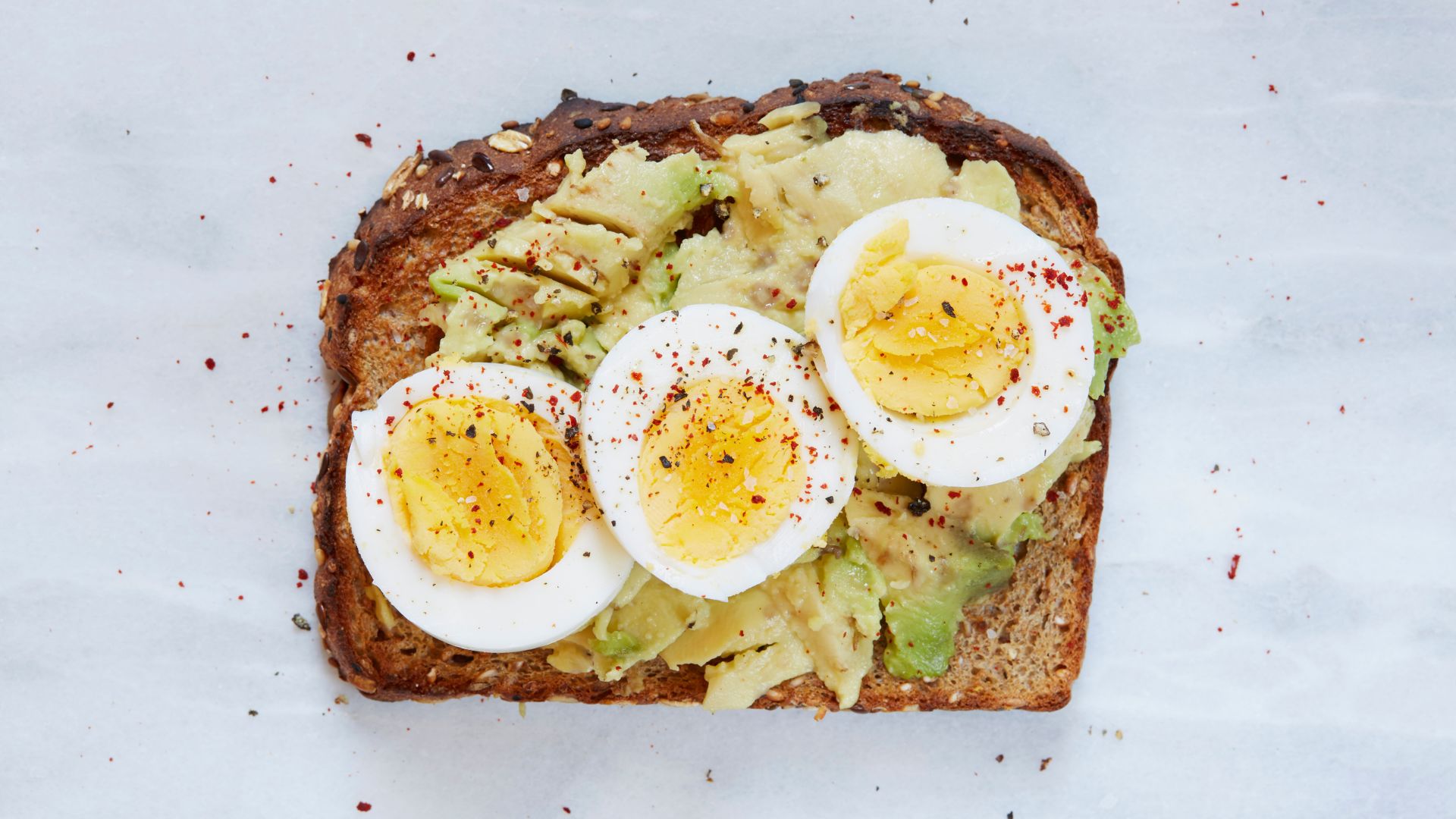
To avoid feeling sluggish, reduce your portion sizes and eat little and often instead. When you eat large meals packed with protein and carbohydrates, it can lead to some feelings of lethargy as your body diverts energy towards metabolising the food. You may also experience natural rise and fall of blood sugar, which can cause lethargy.
Also, too large of a meal before you try and go to sleep can cause issues that prevent a good night's sleep - like heart burn and indigestion.
Spend time with friends

Spending time with friends and family can boost your energy levels and mood no end. Not only will you be forced to concentrate while talking and listening, and naturally feel more energetic as you contribute to the conversation, taking time out from your schedule can provide a much-need break from a daily routine.
Avoid looking at your phone before bed
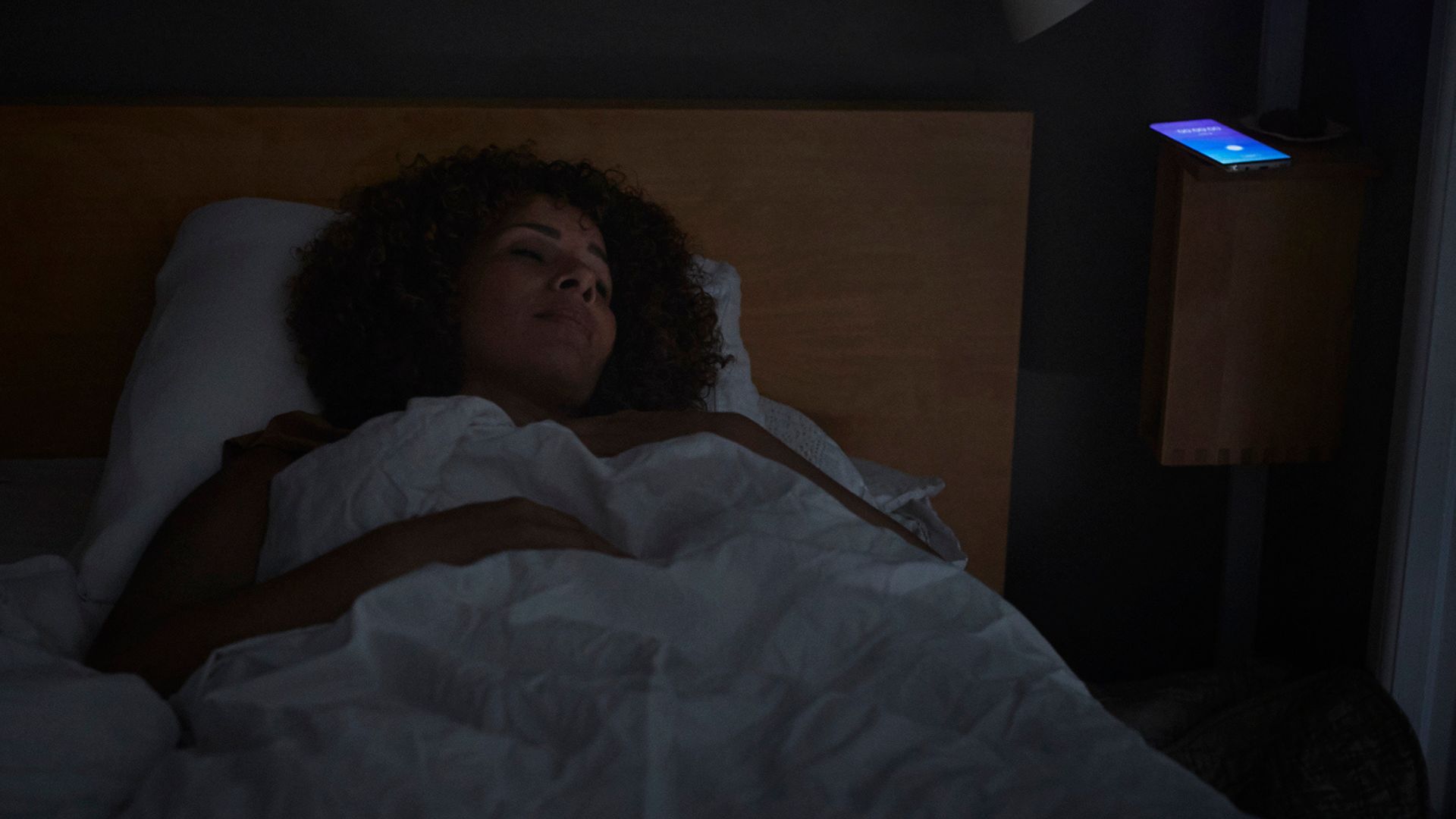
Sleeping better is key to learning how to boost your energy levels and improving your sleep hygiene - i.e. having a bedroom environment and routine that promotes consistent and uninterrupted sleep - is one way to make this happen. The first step? Put your phone away.
The blue light from your phone screen tricks the brain into thinking it's daytime by mimicking natural light. Light stems the steady flow of melatonin, the sleep hormone, that's produced by pineal gland in the evening hours and can prevent you from drifting off to sleep.
Aromatherapy

Using essential oils before bed can help you get to sleep quicker and stay asleep for longer, reducing the risk of tiredness and low energy the next day. One of the best ones to use is peppermint as, according to research by the University of Northumbria, this essential oil increases alertness, and mental clarity, and lowers perceived physical workload.
Further studies by the University of Novi Sad and North Khorasan University of Medical Sciences suggest that rosemary is also beneficial for stimulating energy and vitality, while orange has calming and soothing properties that relax the muscles and lower stress.
Avoid starchy foods

What you choose to eat for breakfast, lunch, and dinner can have more of an impact on your energy levels and mood than you might realise. Starchy foods, while filling and nutritious, can cause a natural blood sugar spike and drop that can make you feel lethargic and sleepy.
Starchy food examples include potatoes, bread, white pasta, white rice, and cereals.
Do your chores at the beginning of the day

If you struggle in the mornings with low energy levels, waking up and completing a few simple tasks can boost your motivation, mood, and give you a feeling of accomplishment to start the day. You're also then much more likely to continue the uphill start and do more throughout the day.
The simplest one is making the bed - do this and you'll be on a winning streak before you've even got dressed. Emptying the dishwasher, putting clothes in the washing machine, and ironing are also good examples.
Laugh

Yes, laughter is truly the best medicine. Just as spending time with family and friends boosts feel-good hormones like serotonin, so does laughter. According to research by Sahmyook University, laughter also secretes endorphins - the same chemicals that produce the happy feeling that comes after exercise.
So if you're feeling low in mood, energy and motivation, laugh out loud. Even just a smile can make a difference.

Grace Walsh is woman&home's Health Channel Editor, working across the areas of fitness, nutrition, sleep, mental health, relationships, and sex. She is also a qualified fitness instructor. In 2025, she will be taking on her third marathon in Brighton, completing her first ultra marathon, and qualifying as a certified personal trainer and nutrition coach.
A digital journalist with over seven years experience as a writer and editor for UK publications, Grace has covered (almost) everything in the world of health and wellbeing with bylines in Cosmopolitan, Red, The i Paper, GoodtoKnow, and more.
-
 Baffled by bumps on the backs of your arms and legs? Two dermatologists explain keratosis pilaris and how to treat it
Baffled by bumps on the backs of your arms and legs? Two dermatologists explain keratosis pilaris and how to treat itKeratosis pilaris is easier to treat than you might think, allow our expert-led guide to explain all
-
 Giovanna Fletcher's midnight navy dress is what I'd wear if I was going to the TV Baftas tonight
Giovanna Fletcher's midnight navy dress is what I'd wear if I was going to the TV Baftas tonightGiovanna's glossy blue dress is a winning choice for anybody unsure about wearing bold prints
